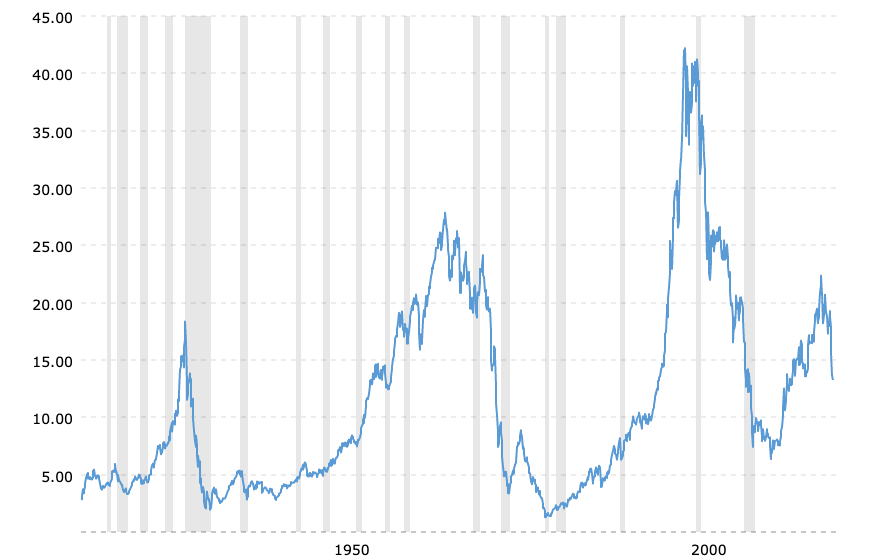Glad to see some accepting Bitcoin as a currency.
To most looking at it for the first time, Bitcoin looks very much like a Ponzi. It is just a database maintaining records of coins going from one address to another, from which you can calculate which addresses have unspent coins. People pay “real” money to get coins to their address. They do so mainly because they believe someone else will pay them even more for these coins in future.
Even Blockchain is just a glorified database which is highly inefficient. Large amount of electricity and specialised hardware is required just to earn the right to update this database. And because there are thousands of copies of this database across the globe, each needs to be updated, which makes it unscalable. That is why bitcoin can only make almost 3500 transactions per 10 minutes. Even a MacBook using spreadsheet can maintain a faster database of same size.
Why are people still putting more “real” money into this Ponzi, and calling it investment?
Let us consider the most ancient Ponzi scheme - gold. It is just a chunk of metal, even accounting for its industrial and ornamental uses, isn’t it valued a bit too highly for centuries? One may point to its use as trading medium, it solves the problem of people having to barter, therefore its value. But so many other metals and materials like glass beads could have done the same job, and they have been tried in history, why then did the world converged to gold standard? That’s because, gold is more than a trading medium, it is a saving technology, and its scarcity and stock to flow ratio in relation to other materials, made it a winner for the purpose of saving.
Capital accumulation in necessary prerequisite for human civilisation. Consider a primitive group of human food gatherers. If everybody is engaged daily in search of food, there will be no development, and humankind will continue to remain in same state. For progress, some individuals must engage in tasks like tool development and farming. But this task may take many days or months, and society must take care of their food requirement during their unproductive phase. Socialism offers a centralised solution to this problem, capitalism offers a decentralised solution by allowing people to “save money”. As people developed better tools and technology, they were able to produce more, which naturally increased the purchasing power of savers as the amount of gold was roughly the same. In this way, gold became a successful, people saved in the hope of being able to consume better in future. Their saving resulted in capital accumulation which financed development of better technology and increased production, which in turn, allowed savers to purchase more, just as they expected. Providing this social scalability is what made gold so valuable.
One obvious problem with gold was to protect it against theft. Banks offered a solution, and people were able to transfer the ownership of gold I bank vaults using paper checks, which were much more convenient. Eventually that led to the creating of fiat currency, which was a standardised check to ownership of gold in bank’s vault. Unfortunately, in 1930s, government disallowed their citizens from encashing these checks back into gold, and in 1973, even other countries could no longer encash them. From then on, we are on pure paper standard. Obviously, that destroyed the possible use of currency itself as a saving medium, and people were forced to look for alternatives, like land, equities, etc. Not everyone can be a investment expert, and this has led to a lot of malinvestments and bubbles.
Bitcoin on the other hand is completely digital. Therefore it can easily be protected against theft by use of physical force. The ownership of bitcoin can be verified and transferred without involving any third party. That means, we wouldn’t go the fiat currencies way with bitcoin, no authority can hijack the bitcoin network and start printing more bitcoins. It is not digital gold, but completely different saving technology, which solves the same social scalability problem for which gold was used. Hopefully it will make saving simple once again.
As to whether index investing will offer better return than sound money, is questionable, even if we only consider the data from the paper gold period. (Dow to gold 100 years chart)

